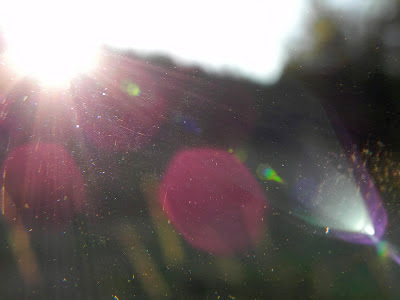introducing...an artist interview
Please assist me in welcoming Shelley Savor, today's featured artist on
Create Everyday.
Is there any particular rhythm you have around your creative work time? If so, what does it look like?
It’s erratic, sometimes it’s a nice slow steady rhythm and other times it’s fast and furious like a Beethoven symphony. It’s usually dictated by how much time I have to spare. Whatever I’m working on stays in my head, so I may think about it for days & then quickly add a figure or colour when I have a moment. There’s a large amount time spent being preoccupied.
How many work spaces do you have and how/why do they work for you?
I don’t have a studio. I work practically anywhere. I have paper/sketchbooks, art supplies accessible throughout my apartment. I will draw while in the kitchen cooking, at the dining table, outside on my balcony, anywhere. Supplies are somewhat organized in a cabinet. This has been my method for a long time. I’d like to have more space to work larger & have tables for works in progress. I’m on the wait list for an artist co-op which has studio space, so hopefully I can realize the dream soon.
Do you do any ‘cross training’ (activities that may enhance or spark your creativity)?
I read all kinds of books, fiction, non-fiction, children’s picture books, magazines. I clip from magazines and have binders labeled with titles like ’humans and creatures’ ‘interiors & exteriors’ ‘socks & underwear’ – these are great resources for inspiration and reference.
I also like to take short weekend courses – I just finished an embroidery course and previous to that was a letterpress workshop. I try to attend talks by artists and go to as many gallery openings as I can.
Getting outdoors helps to clear my head of debris, so I walk and walk and in nice weather I cycle.
Where do you seek inspiration for your work?
Inspiration is everywhere. I just look at things while I’m on the bus/subway/walking. I like to look at patterns of clothing, the texture of a building, stuff on the ground, people’s expressions, animals (and what they are wearing!). Conversations overheard in the street are often inspiring. It’s the ordinary things that I find the most fascinating.
Art history books are always inspiring; reading about other artists and illustrators (like your blog) provides inspiration as well.
Generally how long are your work periods?
I have a full-time day job & work on some weekends so I work around that schedule. Sometimes it’s very short, 20 minutes to lay down a few washes or lines & then I will come back to it and maybe work some more. If I have a few days off I will try and have a plan to work for longer periods of time throughout the day and night. My friends ask me how I do it & I can’t really answer. I don’t think about scheduling time, if I did it would be too daunting. When my children (2 sons now grown) were young, I had to grab many small moments of time to get anything done. I guess I’m still adhering to that practice but for longer stretches of time.
When do you know that you need to "take a break" or stop working (for the moment)?
I generally work on several pieces and mediums at the same time so I can go from one thing to another if I find that I’m not getting anywhere with a particular image. I make tea and spend a lot of time just looking at the work. I guess you could call that taking a break, but it’s an important break from the actual marking of the surface.
Do you suffer from perfectionism and if so, what techniques do you use to manage this?
If you don't, what experiences do you feel are responsible for taking you off the hook here?

Do you have a creative support system? How important is this to your process?
Flickr has been the most wonderful discovery for me. I have met so many artists from around the world; we exchange work/sketchbooks and give support by commenting and favouriting work.
I have friends who are artists and we regularly give feedback to each other. It’s very important to have these relationships and I’m grateful for the contact. Gallery shows offer some communication, but it’s usually chaotic and wine induced conversations at these venues, so I prefer to put it out into the world via flickr.
It’s important to have support and feedback, there’s nothing more satisfying than to have someone put your art on their wall. That’s the best support and feedback I could hope for – no words are necessary except ‘thank you’.



Comments
Post a Comment